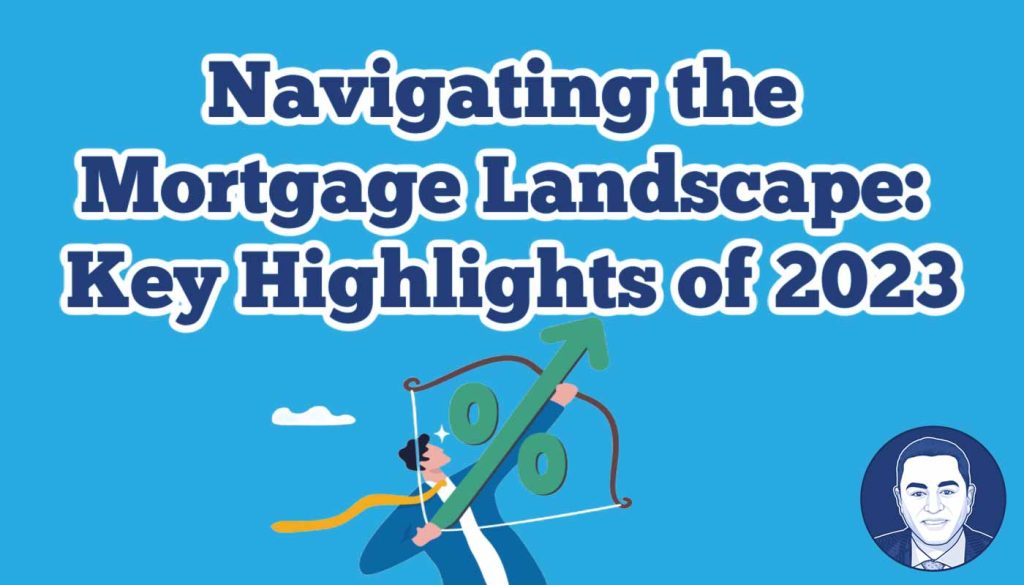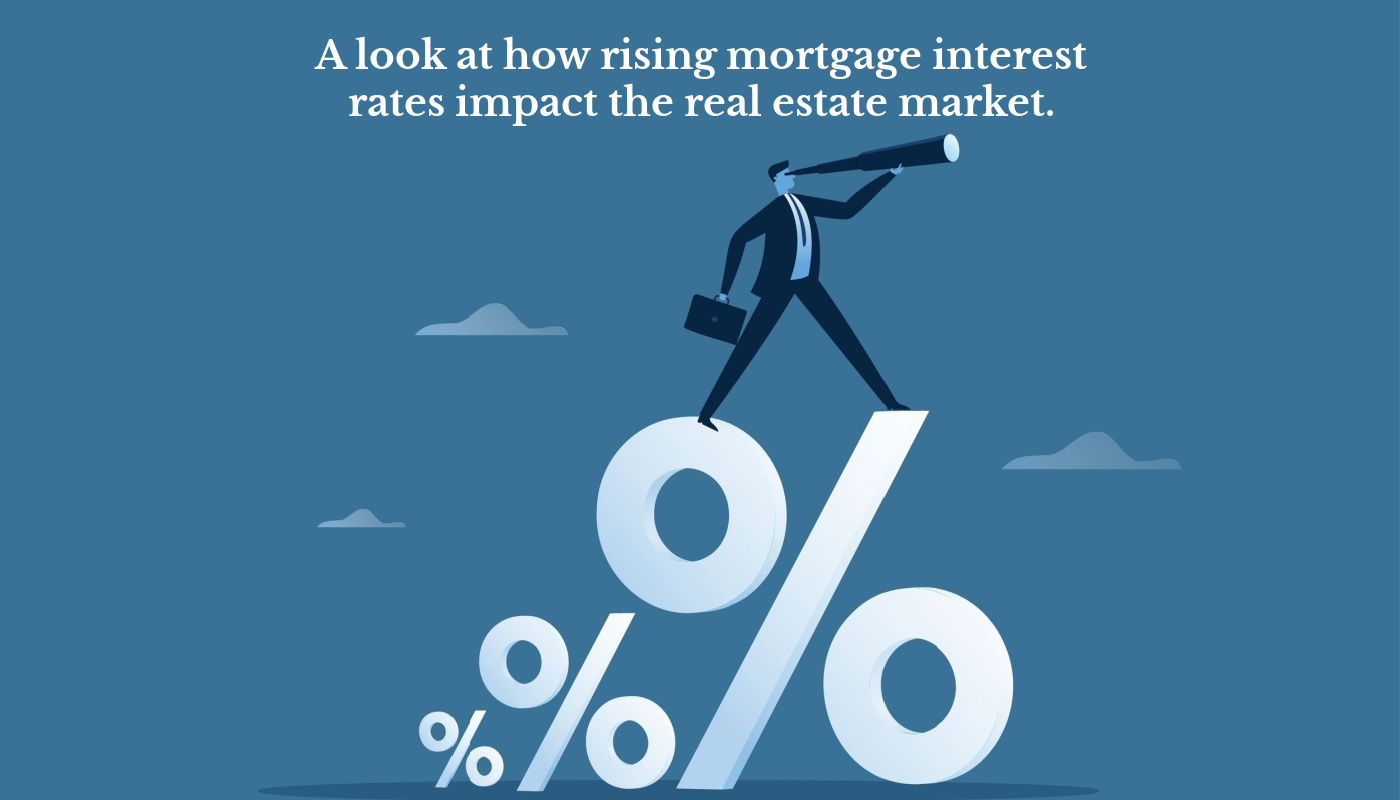The Current Mortgage Rate Landscape: Strategic Opportunities for Discerning Borrowers Amid speculation about possible changes…
Navigating the Mortgage Landscape: Key Highlights of 2023

In the exciting mortgage industry, changes are always happening, and keeping up with the latest developments is crucial to staying ahead of the game. We are approaching the end of 2023, and interest rates and mortgage products are constantly evolving. Let us look at five hot topics in the mortgage industry in 2023.
Rise in Mortgage Interest Rates
The Federal Reserve, commonly called the Fed, influences mortgage interest rates. The Fed’s monetary policy decisions aim to maintain an equilibrium between economic growth and inflation. Interest rate changes can directly affect mortgage rates as lenders adjust them accordingly. The Federal Reserve monitored economic indicators throughout 2023 and increased interest rates to control inflation. These adjustments impacted various sectors throughout the year, including mortgage rates.
Now, at the end of 2023, mortgage interest rates are declining. Lower interest rates benefit prospective buyers and homeowners, making mortgages more affordable.
Shifting in Housing Demand and Affordability
It is no secret that rising mortgage rates directly affect housing demand. With borrowing becoming increasingly expensive, many potential buyers had to rethink their plans or buy more affordable homes.
With rising borrowing costs, potential home buyers may reevaluate their affordability and buying power. This shift in buyer behavior may result in more affordable properties or different market segments becoming more popular due to these changes in buyer expectations, rethinking budgets, or delaying purchases.
Home Equity Lending Surge
As home prices rise, homeowners build more home equity. As a result, home equity loans and home equity lines of credit (HELOCs) are becoming more popular financing options. Borrowers can leverage their home equity to finance improvements, consolidate debt, or cover other expenses.
It is becoming more common for creditworthy homeowners to use a HELOC rather than a cash-out refinance to access their home’s equity. When you refinance a loan, you will pay off the existing loan and start a new one with a higher loan amount and current interest rates. When homeowners have substantial equity and want to leverage their finances but also want to keep the low interest rate they got during the pandemic, they choose HELOCs rather than cash-out refinances.
Expanding the Non-QM Market
The non-qualified mortgage (Non-QM) market expanded in 2023 as lenders sought to satisfy the diverse needs of borrowers who did not meet traditional lending criteria. Non-QM loans are more accessible to a broader range of borrowers due to their flexible loan terms, credit scores, and documentation requirements. As a result, non-QM loans have become increasingly popular with borrowers with less-than-ideal credit histories. The loans can also benefit self-employed borrowers who cannot verify their income.
Technological Advances: Artificial Intelligence (AI) and Machine Learning
The mortgage and housing industry witnessed technological advancements in 2023. Fintech companies introduced innovative digital platforms, making mortgage applications and approvals more streamlined and accessible.
Artificial intelligence (AI) and machine learning technologies are becoming increasingly popular among mortgage lenders. They allow them to assess risk quickly, analyze loan applications, make initial underwriting decisions, and provide helpful chatbots. AI algorithms can automate lenders’ processes, including creating a required documents list, collecting documents from borrowers, verifying documents, calculating debt-to-income ratios, analyzing credit scores, and more.
In conclusion, some hot topics in the mortgage industry in 2023 were interest rates, the shifts in housing demand and affordability, the surge in home equity lending, the expansion of the Non-QM Market, and technological advances revolving around AI, machine learning, and automation. By proactively seeking guidance from trusted professionals, borrowers can make well-informed decisions and secure the most suitable mortgage.



